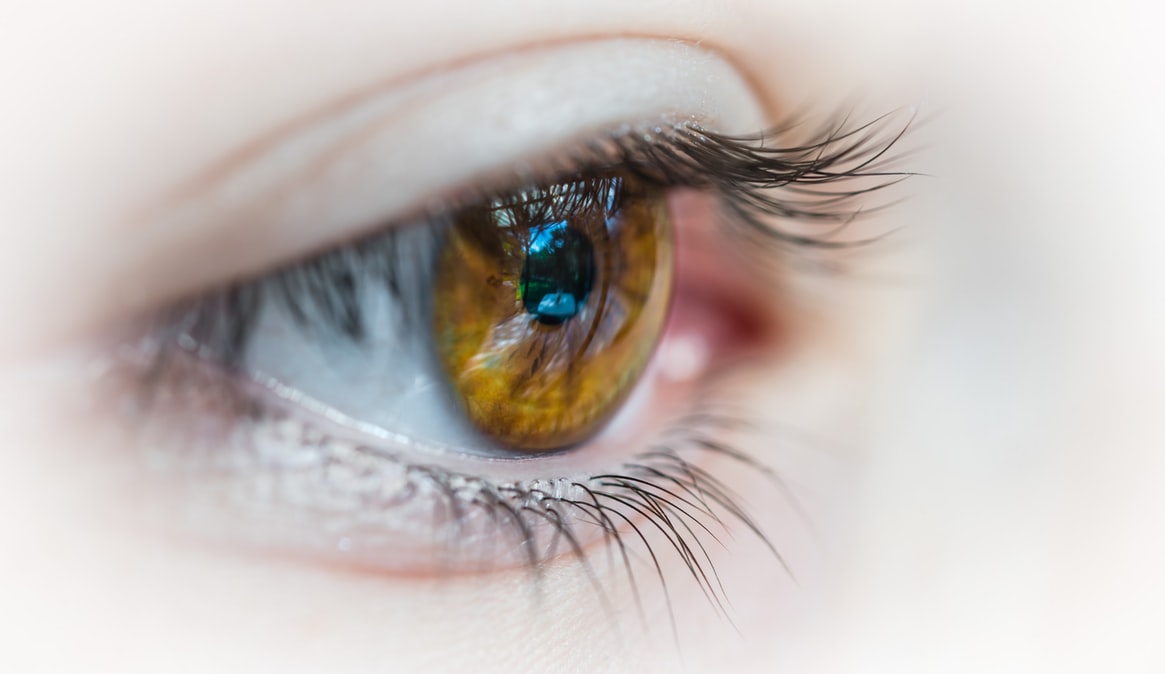How is an ophthalmologist different from other eye specialists?
The proper functioning of the organ of vision is extremely important if we want a comfortable life. Any eye problems deserve special attention. When detecting any symptoms, do not hesitate and go to the right specialist. Ophthalmologist, optician, refractionist or optometrist – each of them deals with the issues of the quality of vision and the smooth functioning of our eyes. However, they differ in the degree and scope of activities. The right choice may cause us a bit of problems if we are not familiar with the subject. Therefore, it is worth getting acquainted with the basic information about these professions. Once we know what they do exactly, we can easily decide when to visit them.
Eye specialists – refractionists and orthoptists
Refractionists only deal with issues related to the refractive errors of the optical system of the eye. It is about problems such as astigmatism, presbyopia, hyperopia or myopia. In practice, it comes down to choosing the right contact lenses or glasses to correct these defects effectively. In turn, the orthoptist specializes in difficulties resulting from binocularity and disproportions in this area. In addition, it can conduct diagnostics and therapy for problems with the movement of the eyeballs. These include strabismus, and defective binocular vision resulting from any kind of sight loss in a single eye. To qualify for these two professions, it is necessary to complete postgraduate training. Due to the specialized scope of activities, you should go to them,when we know what is wrong with our eyes. This means that it is best to visit an ophthalmologist first.
Optician or optometrist – who to go to when we have vision problems?
According to the commonly accepted definition, an optometrist is a professional responsible for diagnosing eye diseases. What’s more, it must choose the right procedure to the condition of our optical system. It is about preparing a rehabilitation program related to the correction of the vision defect that we struggle with. In practice, it comes down to choosing the right contact lenses or glasses that will deal with a specific eye defect. In addition, it selects all refinements and color filters that affect the quality of vision. To become an optometrist, we can complete postgraduate studies in optometry or higher studies in physics with a specialization in optometry. We can usually meet such a person in an optician’s shop. It will not only help you choose the right glasses, but also all accessories,which may be useful to us. These include, among others, fluids for rinsing and storing contact lenses and appropriate containers. Optometrists are familiar with eye conditions and may recommend an ophthalmology visit if they discover any symptoms. Nevertheless, it is wiser to go to an ophthalmologist immediately if you have any vision problems.
In turn, the optician is the person to whom we go with the results of diagnostic tests from the above specialists. He specializes in choosing the right corrective lenses and lenses that will help us with our visual impairment. It very often happens that opticians also have qualifications for the profession of optometrist and orthoptist. This translates into a wider range of services offered. In practice, it is often enough to visit an optometrist to diagnose a vision defect and choose the right glasses. It also deals with the final preparation of them for use in frames. Of course, we can also go to him with a prescription from an ophthalmologist. On its basis, he will then take care of making the correct glasses. It is this person that we also go to when it is necessary to maintain or repair damaged glasses. If we have problems with the quality of vision,a visit to an optometrist is a good idea. You just need to check what specific permissions it has. The situation is different in the case of ophthalmologists.
Ophthalmologist – when and why is it worth visiting?
He is the only medical doctor who specializes in an area called ophthalmology. Within its framework, ophthalmologists deal primarily with the prevention, diagnosis and treatment of all eye diseases. For this reason, they must also have knowledge of the structure and functioning of optical organs. We should go to the ophthalmologist’s office if we have never had an eye examination. In situations where the help of this specialist turns out to be necessary, it is of a surgical or pharmacological nature. If he detects a visual impairment, we will be referred to an optician. However, in the event of more serious complications, he will be able to offer help. We can meet ophthalmologists in hospitals, clinics, private offices, and other types of medical facilities.We do not need any referral to visit this doctor.








